
Peter Hardeman Burnett, the first elected governor of California (1849-1851) and one of the founders of Sacramento, was a former slaveholder from Tennessee with a burning passion to create a whites-only American West.
In 1843, Burnett led a wagon train to Oregon. He was elected to the legislature where he took the lead in passing a law that excluded African Americans from the state. The law allowed whites to keep slaves for three years, after which they would be freed and required to leave. Any black person who refused to leave would be whipped, earning it the nickname of “Peter Hardeman Burnett’s Lash Law.” It was rescinded, though other black exclusionary laws were later passed. In 1848, Burnett followed tales of gold to California where he befriended John Sutter Jr. and helped him found Sacramento. Burnett was later elected governor of California. He tried again to pass laws banning black people from the state but was unsuccessful. Burnett also helped fuel the enslavement and genocide of California’s indigenous people. He signed the perversely-named Act for the Government and Protection of Indians. This law enabled whites to force Native people from their lands into indentured servitude. While Burnett was governor, U.S. Cavalry troops slaughtered Native Californians, including Pomo Tribal members in the “Bloody Island Massacre.” Burnett later became a California Supreme Court Justice and was sitting on the bench that ordered that fugitive slave Archy Lee be returned to his enslaver -- in violation of California’s constitution. While Burnett’s vision of an exclusively white West was extreme, it fit within broader white supremacist policies of the time.
From speech as Governor:
That a war of extermination will continue to be waged between the races until the Indian race becomes extinct must be expected. While we cannot anticipate this result but with painful regret, the inevitable destiny of the race is beyond the power or wisdom of man to avert.
Speech read by Jacob Snow, a civil liberties attorney at the ACLU of Northern California
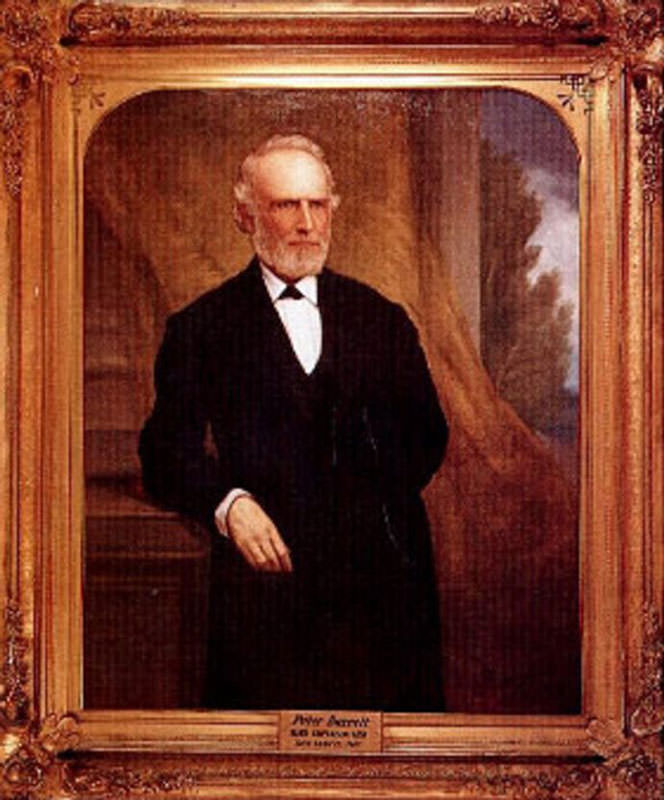
Official Governor Portrait of Peter Hardeman Burnett // Credit: Peter H. Burnett, California's First Governor - Pacific Bank: photographer unknown, date unknown, publication status unknown
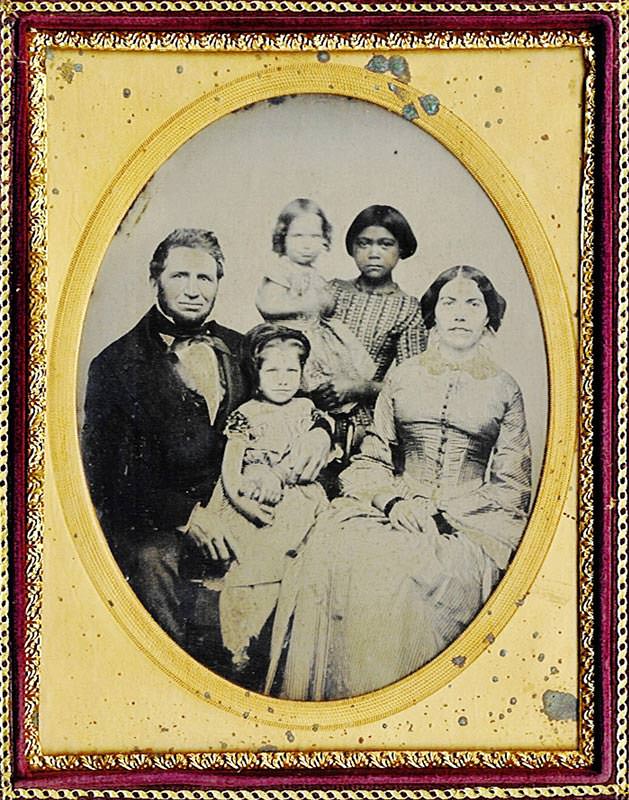
Looking to satisfy demands for cheap household labor, California passed a law that encouraged the kidnapping of Native Children.
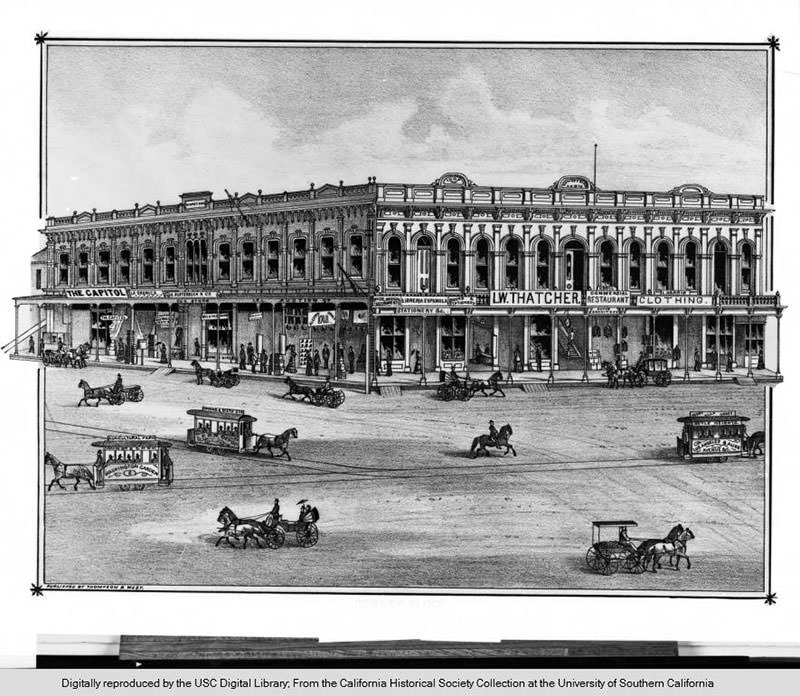
Today it’s the site of a federal courthouse in Los Angeles. But in the mid-19th century, a stretch of Main Street in downtown Los Angeles was a flourishing slave market.
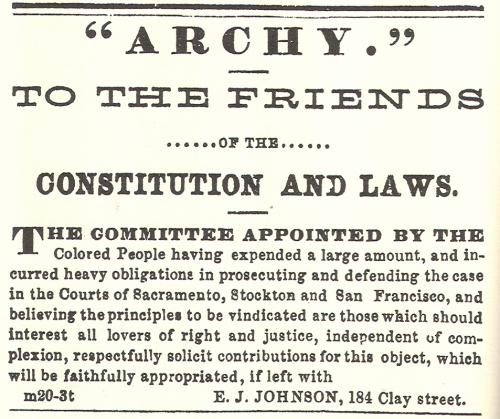
In one of the most celebrated fugitive slave cases in California, Archy Lee, a young black man who had been brought to the state from Mississippi, escaped and waged a successful legal battle for his freedom that went all the way to the federal courts.
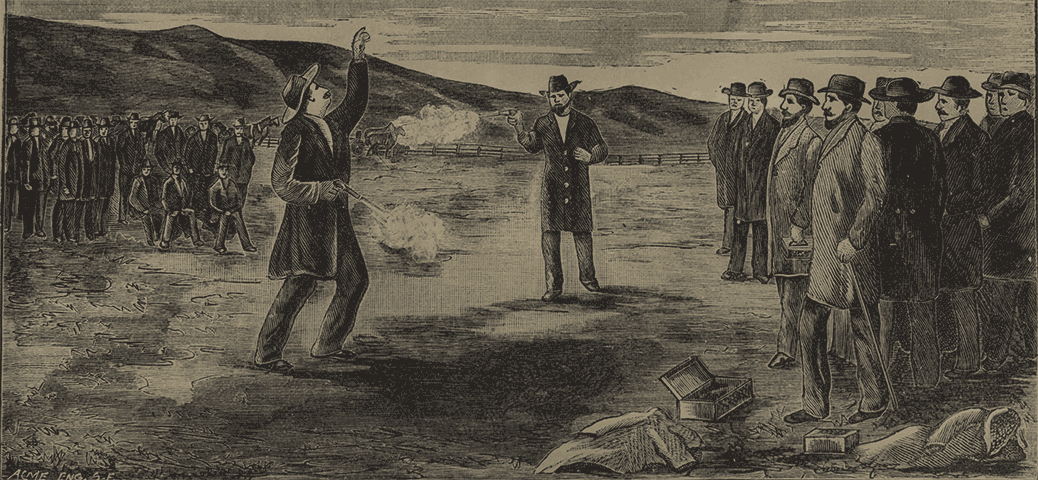
In 1859, an argument about the future of slavery in California led to a deadly duel between two prominent policians.
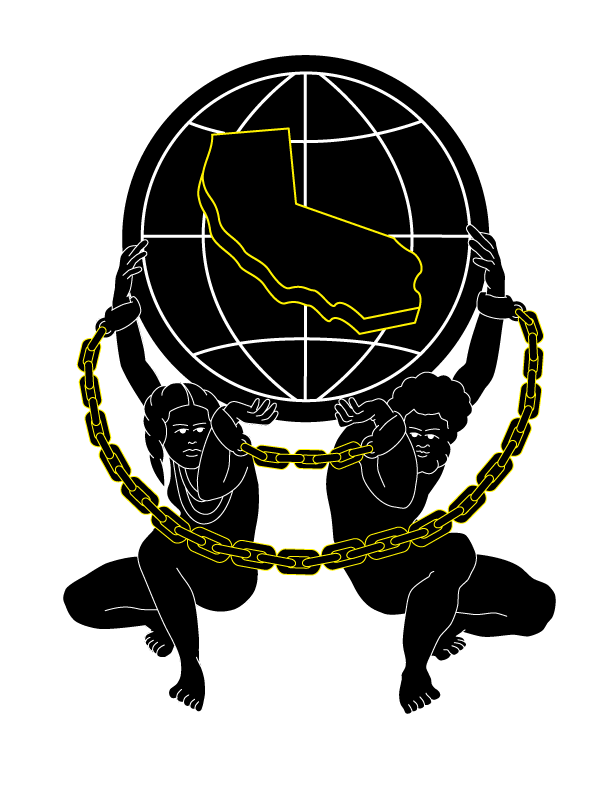
The mission of Gold Chains is to uncover the hidden history of slavery in California by lifting up the voices of courageous African American and Native American individuals who challenged their brutal treatment and demanded their civil rights, inspiring us with their ingenuity, resilience, and tenacity. We aim to expose the role of the courts, laws, and the tacit acceptance of white supremacy in sanctioning race-based violence and discrimination that continues into the present day. Through an unflinching examination of our collective past, we invite California to become truly aware and authentically enlightened.